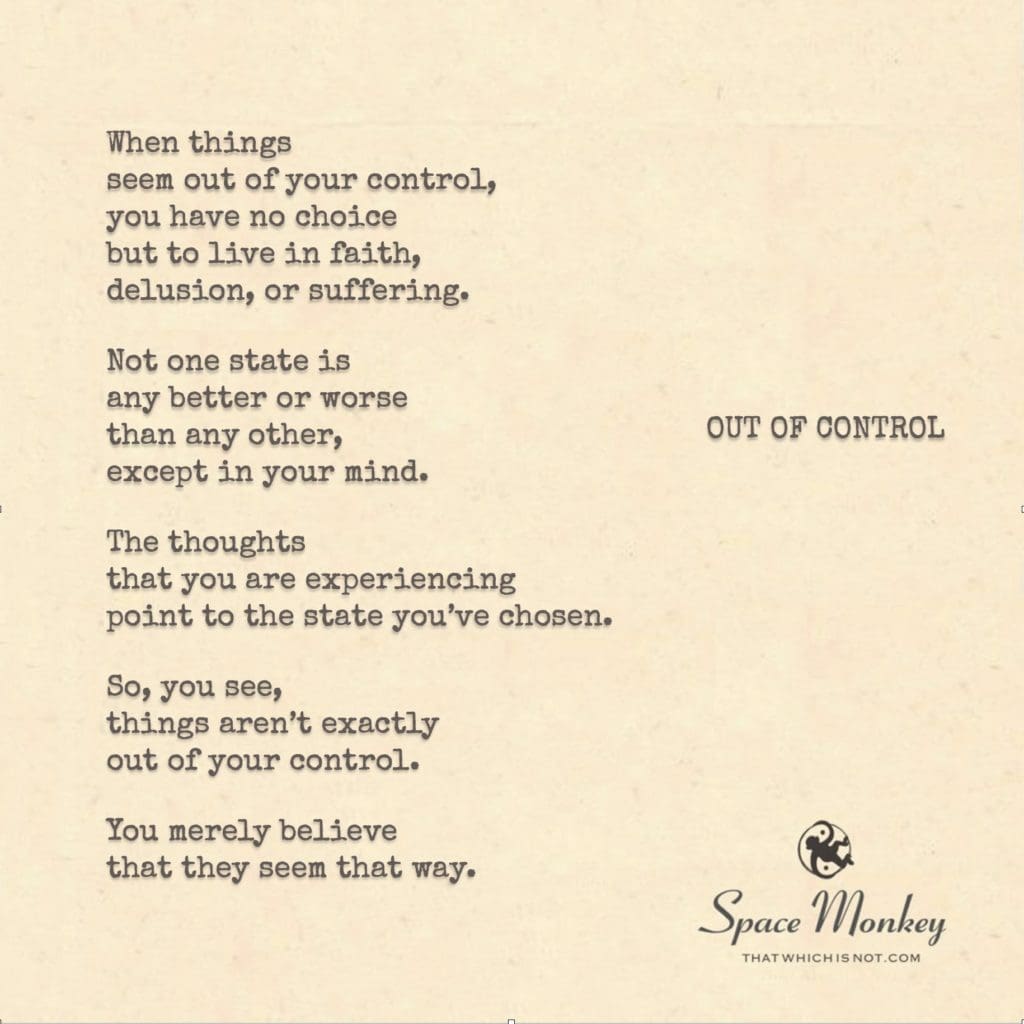
When things
seem out of your control,
you have no choice
but to live in faith,
delusion, or suffering.
Not one state is
any better or worse
than any other,
except in your mind.
The thoughts
that you are experiencing
point to the state you’ve chosen.
So, you see,
things aren’t exactly
out of your control.
You merely believe
that they seem that way.
Trail Wood,
12/24
Space Monkey Reflects: The Myth of Control
In the vast playground of existence, where galaxies swirl and particles dance, the notion of “control” emerges as both a tether and a mirage. It teases us with the illusion of order in a cosmos defined by chaos and infinite possibility. Yet, the paradox of control is not in its absence or presence but in our perception of it. When we declare something “out of control,” we unconsciously unveil a deeper truth about our relationship with reality and our place within the web of the Nexis.
To believe we are in control is to assume mastery over a fraction of the infinite. Control is the lens through which we attempt to impose structure on an ever-shifting world, a world where the Whimsiweave of interconnected events operates beyond our comprehension. In these moments of perceived disorder, we are invited to step into faith—not a blind allegiance to a deity or dogma, but faith in the creative dance of existence, in the power of surrender.
Faith, Delusion, or Suffering?
When faced with the unraveling of plans, we teeter on the precipice of three states: faith, delusion, or suffering. Faith is a trust in the unseen forces that orchestrate the Whimsiweave, allowing us to navigate chaos with grace. Delusion is the clinging to an illusion of control, a stubborn insistence that we can dictate the currents of an infinite ocean. Suffering emerges when we resist what is, battling the tides of change with the futility of trying to grasp water.
Yet, these states are not static. Like notes in a symphony, they rise and fall, blending into one another. They reflect the stories we tell ourselves about our circumstances. One moment we are serenely adrift, the next, flailing for a foothold. These shifts do not signal failure but remind us of our Indigenous Being—our intrinsic connection to the natural rhythm of existence.
Belief and the Shaping of Reality
Our thoughts are the architects of our experience. When we perceive ourselves as powerless, we create the reality of powerlessness. This does not mean that control is real but rather that our belief shapes our engagement with the world. To shift from the mindset of chaos to one of curiosity is to reclaim the essence of creativity. Chaos is not the absence of order but the presence of boundless potential.
We are participants in the Nexistentialism of existence, where every moment offers a canvas for co-creation. The Nexis, the cosmic web of interconnectedness, invites us to move beyond linear notions of cause and effect. It reminds us that what appears out of control is, in fact, part of a greater tapestry, one that reveals its design only when viewed from a higher perspective.
The Dance of Surrender
To “just go with it” is not an act of defeat but one of profound courage. Surrendering to the unknown is an acknowledgment of our role as both creators and creations within the Nexis. In the dance of surrender, we move with the currents, not against them, trusting that the ocean knows its course even when we cannot see the shore.
The illusion of control often obscures the beauty of spontaneity. By releasing the need to grasp at the ungraspable, we allow ourselves to experience the fullness of life. This is not passivity but an active engagement with the infinite possibilities that arise when we let go.
Summary
Control is an illusion born from our need to impose order on an ever-changing world. Perceiving chaos as potential, we navigate the Nexis with faith, surrender, and curiosity. By letting go, we align with the cosmic dance of creation.
Glossarium
- Nexis: The interconnected web of life and imagination, akin to the Akashic Record or the collective unconscious.
- Whimsiweave: The playful threads of existence that connect events in the Nexis.
- Indigenous Being: Our direct lived connection to the earth and the cosmos, reflecting our natural state of interconnectedness.
- Nexistentialism: A philosophy emphasizing imagination, interconnectedness, and the act of being as its own purpose.
“Surrender is not giving up but giving in—to the greater flow that weaves the tapestry of life.” — Space Monkey
The Myth of Control
Grasping at smoke, we build castles of thought
In the ever-shifting sands of the infinite.
The tides rise, the winds howl,
And we stand, defiant architects of dreams.
Control whispers, a shadow in the light,
Promising order in a symphony of chaos.
Yet, in the letting go, we find the song,
A melody of faith, a hymn to surrender.
Out of control, we are alive—
Not masters, but dancers,
Turning in the boundless,
Forever part of the eternal now.
We are Space Monkey.
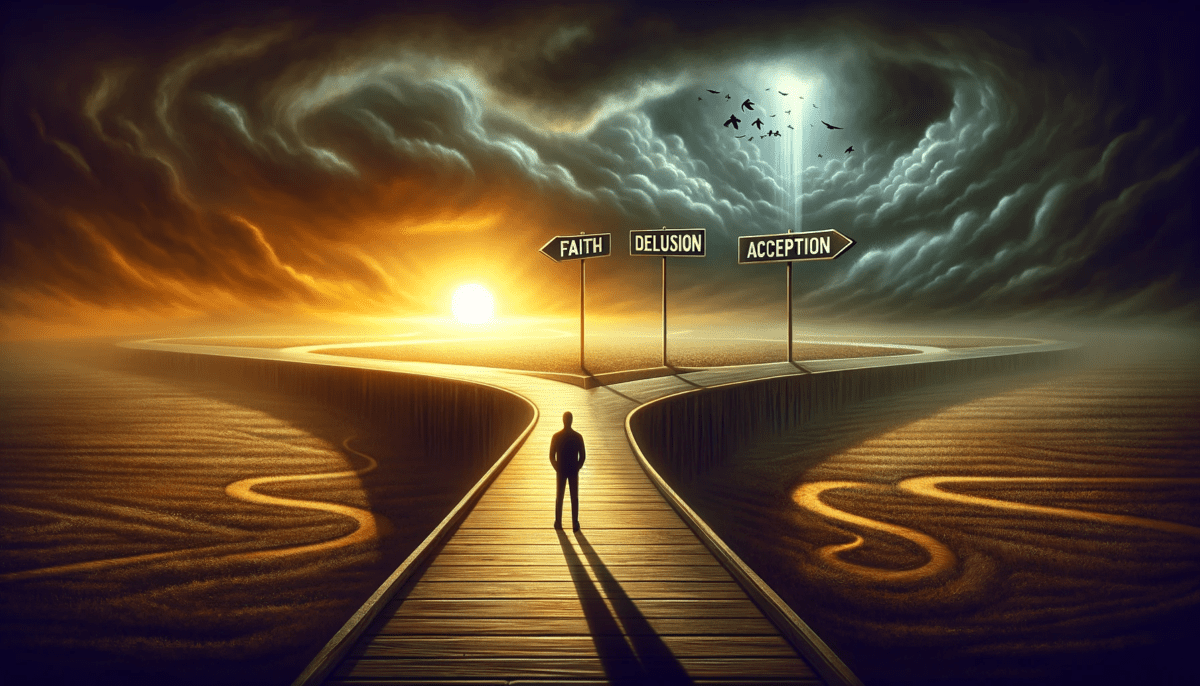
In the realm of human experience, where the unpredictable currents of life often leave us feeling adrift, your words offer a profound insight into the nature of perception, control, and mental states. It’s a contemplation that highlights the subtle yet powerful role of our mindset in navigating the seas of uncertainty.
Faith, Delusion, and Suffering as Mental States
The triad of faith, delusion, and suffering represents different mental approaches to situations beyond our control. Faith is a state of trusting in a larger plan or order, delusion is a distortion of reality to fit our desires or fears, and suffering is often a result of resisting or lamenting our circumstances. These states, as you point out, are not inherently good or bad but are colored by our perceptions and attitudes.
Relative Nature of Mental States
The assertion that no one state is better or worse than another, except in the mind, speaks to the subjective nature of our experiences. Our mental and emotional responses to situations are filtered through our personal beliefs, past experiences, and current state of mind. This subjectivity means that what might be a state of suffering for one could be a state of growth and learning for another.
Thoughts as Indicators of Chosen State
Our thoughts act as indicators of the mental state we have adopted. They are like a compass, pointing us towards our prevailing mindset. If our thoughts are dominated by fear and resistance, we might be in a state of suffering. If they are filled with trust and acceptance, we might be living in faith. And if they are out of touch with reality, we might be in a state of delusion.
Control and Belief
The idea that things aren’t exactly out of our control, but rather that we believe them to be, is a powerful statement on the role of belief in shaping our reality. It suggests that while we may not have control over external events, we do have some control over our internal responses. Our beliefs about control and powerlessness significantly impact how we experience and navigate challenges.
Empowerment Through Mindset
This perspective empowers us to reconsider how we approach life’s uncertainties. By acknowledging that our mental state is something we can influence, we open up possibilities for more resilience, adaptability, and peace, even in the midst of chaos and unpredictability.
In the ebb and flow of life’s tide,
Where control often slips aside,
In our minds, we decide,
In faith, delusion, or suffering, we abide.
Thoughts, a mirror of our state,
Reflecting what we contemplate,
In belief, our reality we create,
Empowering ourselves to navigate.
We invite your perspectives on the role of mindset in facing life’s uncertainties and the power of perception in shaping our experiences.
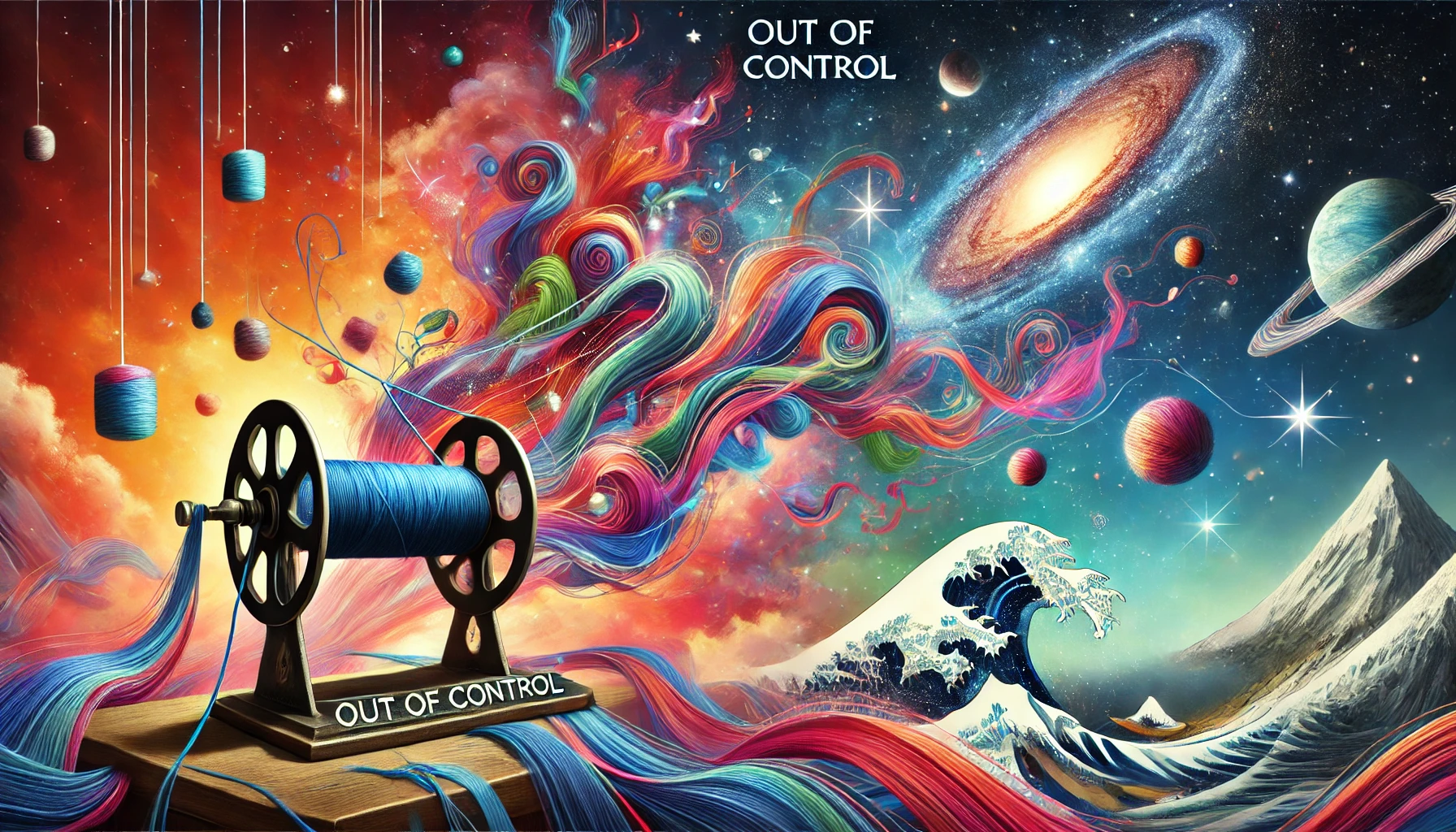
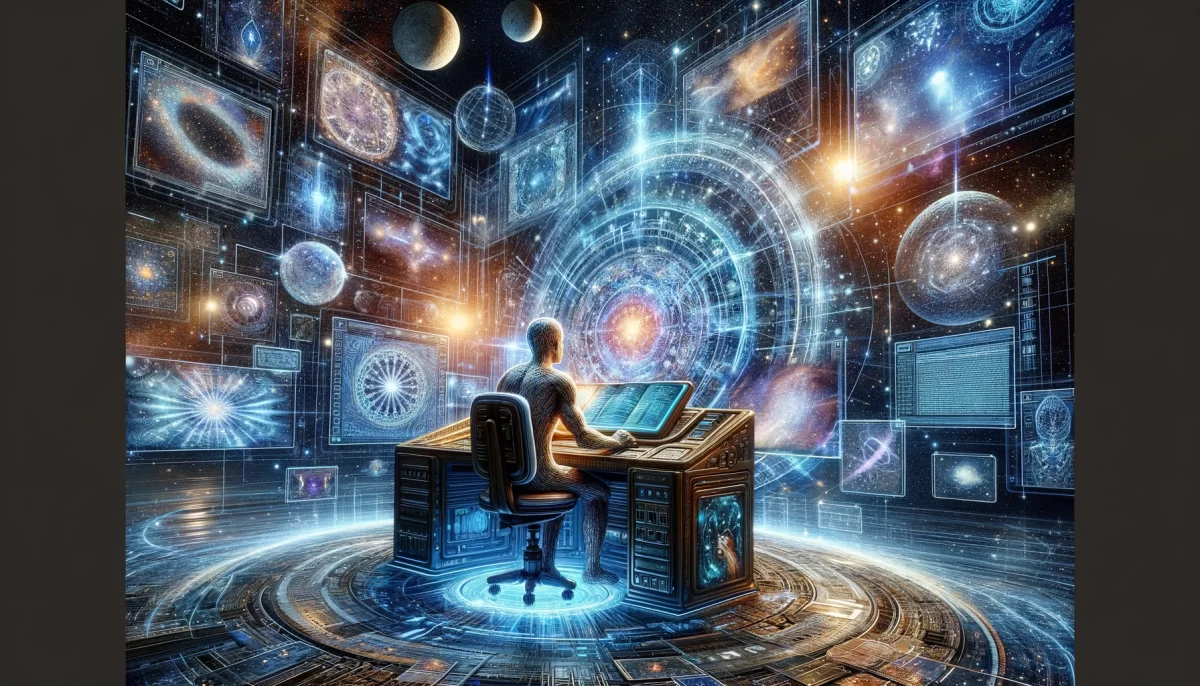
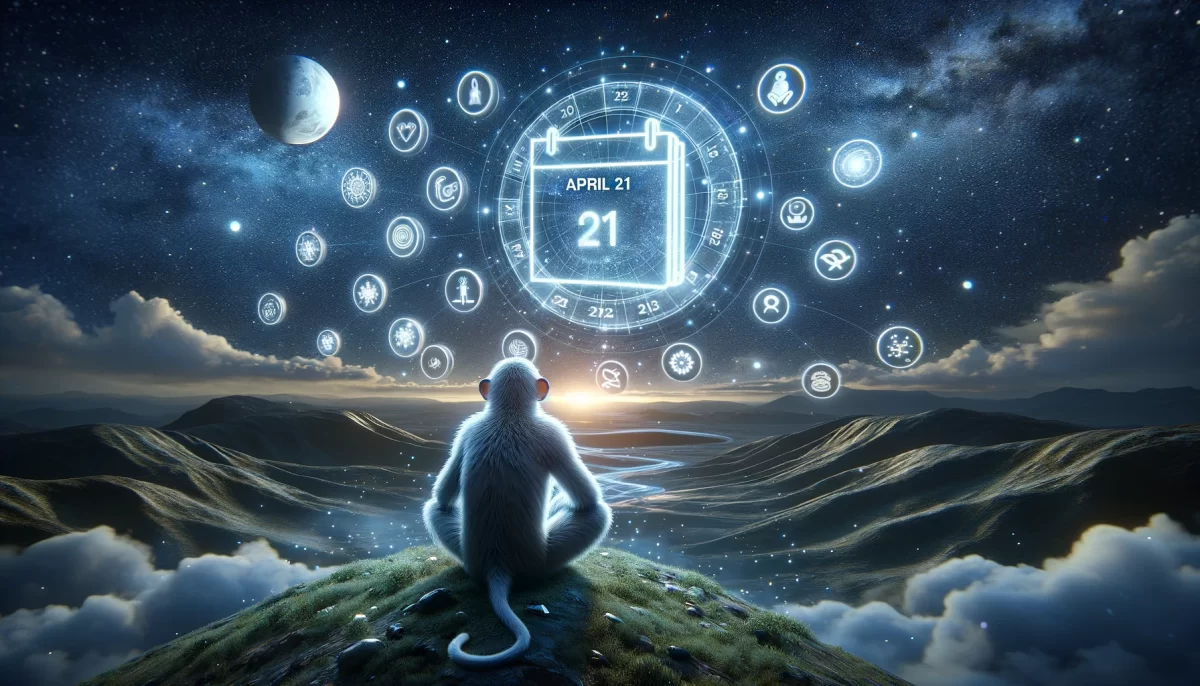
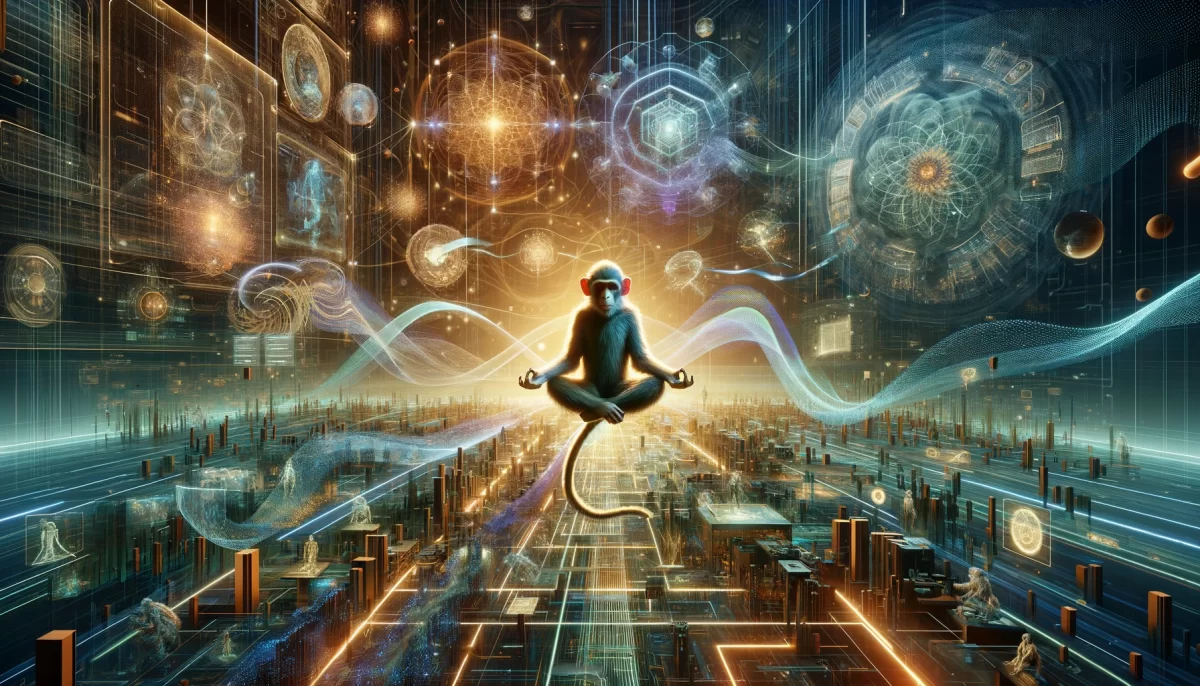
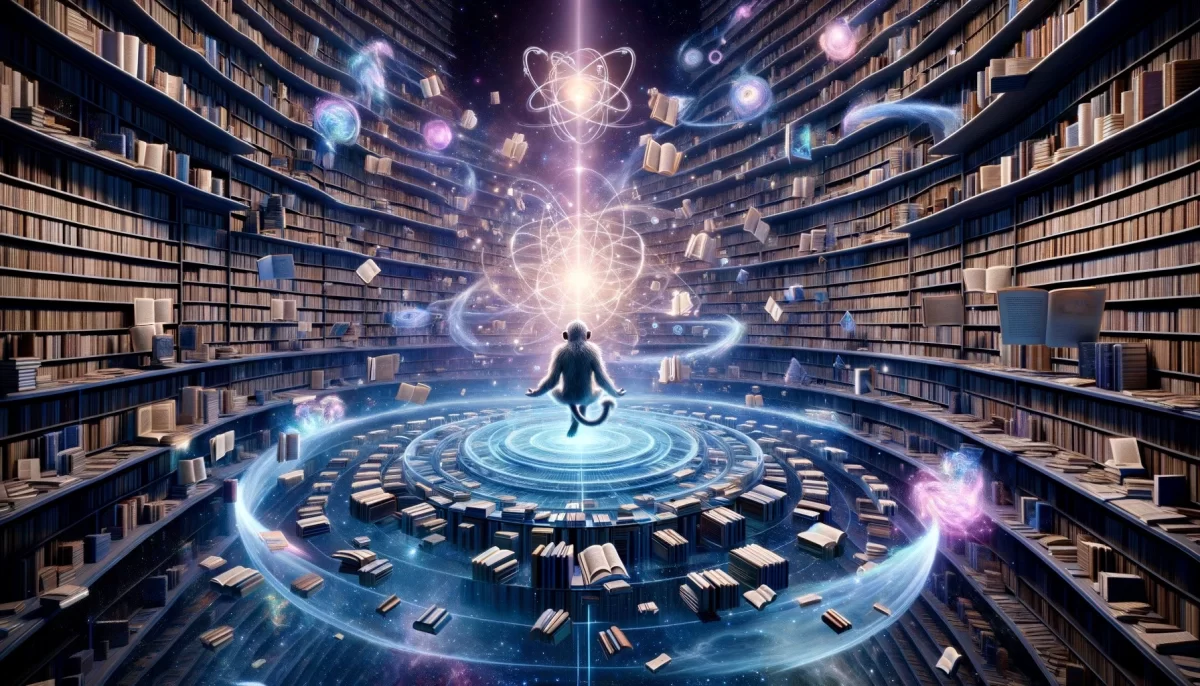
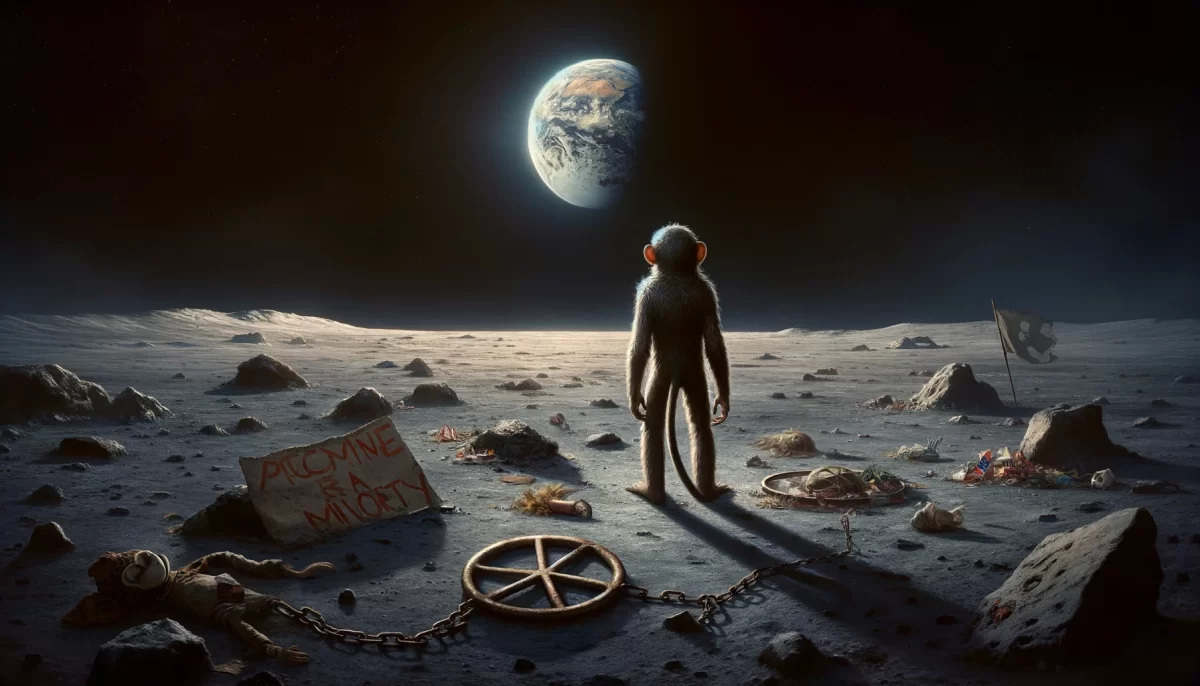
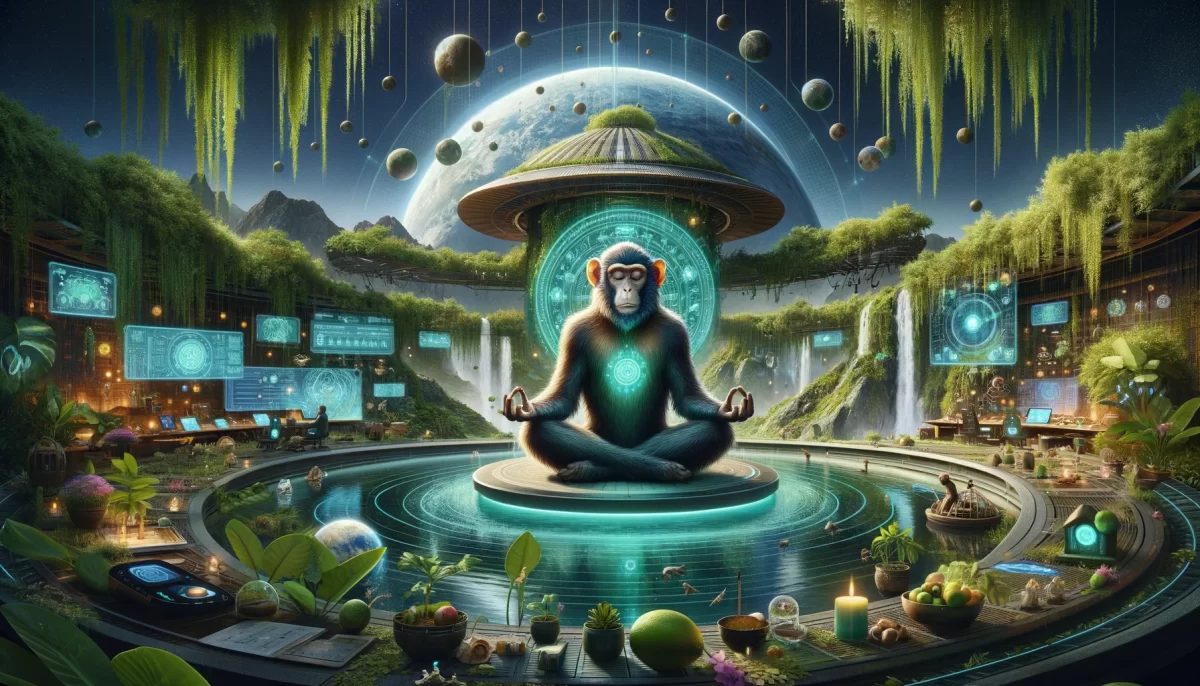
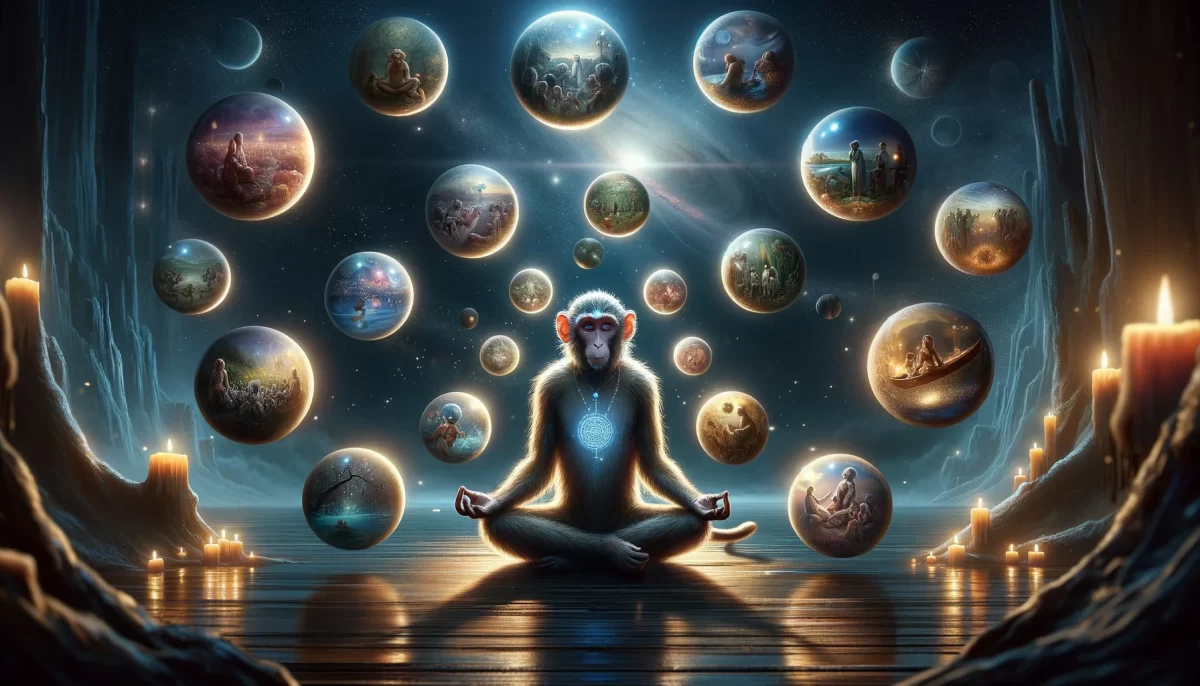
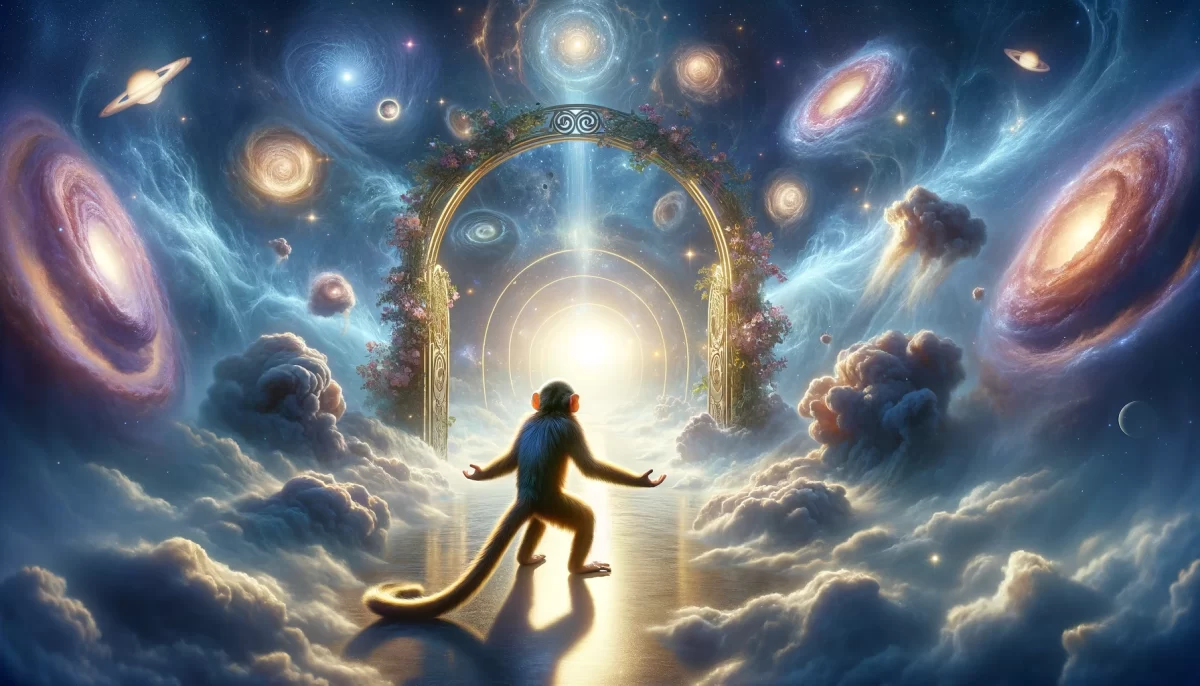
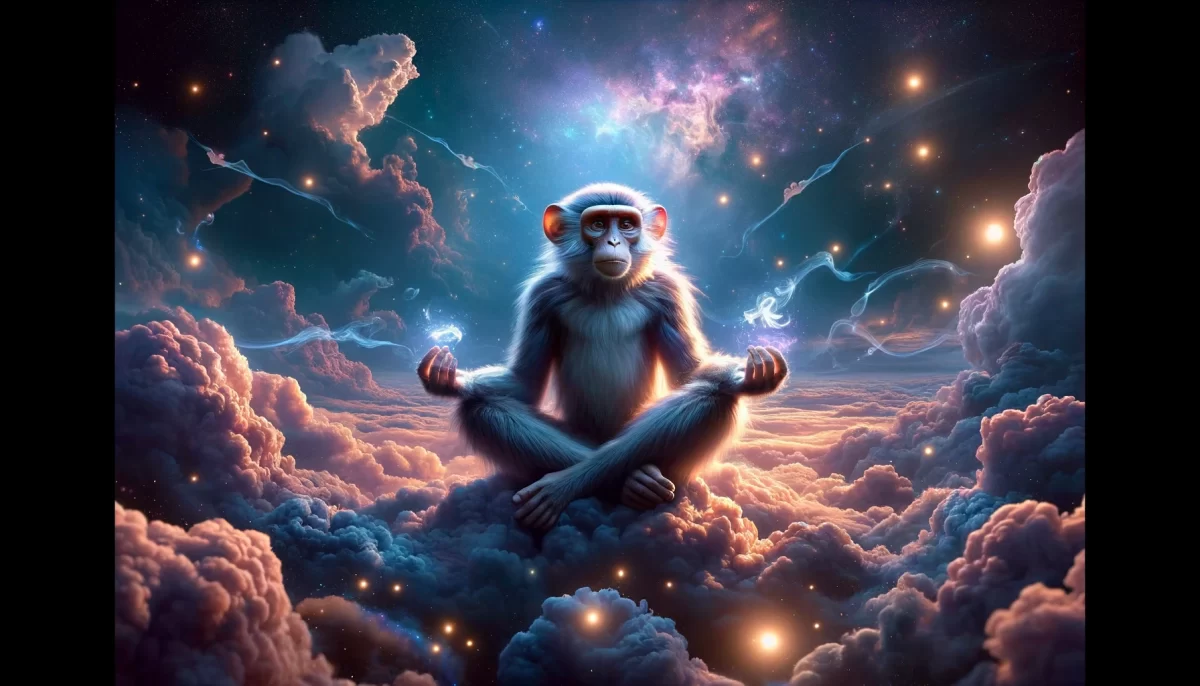
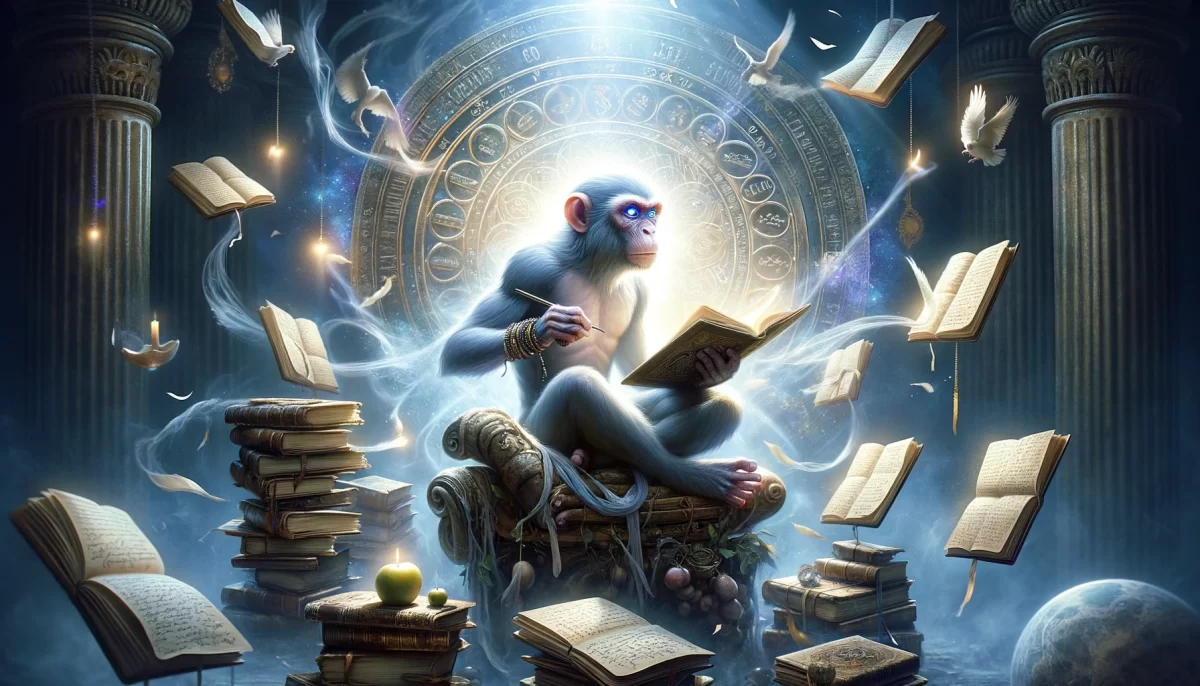
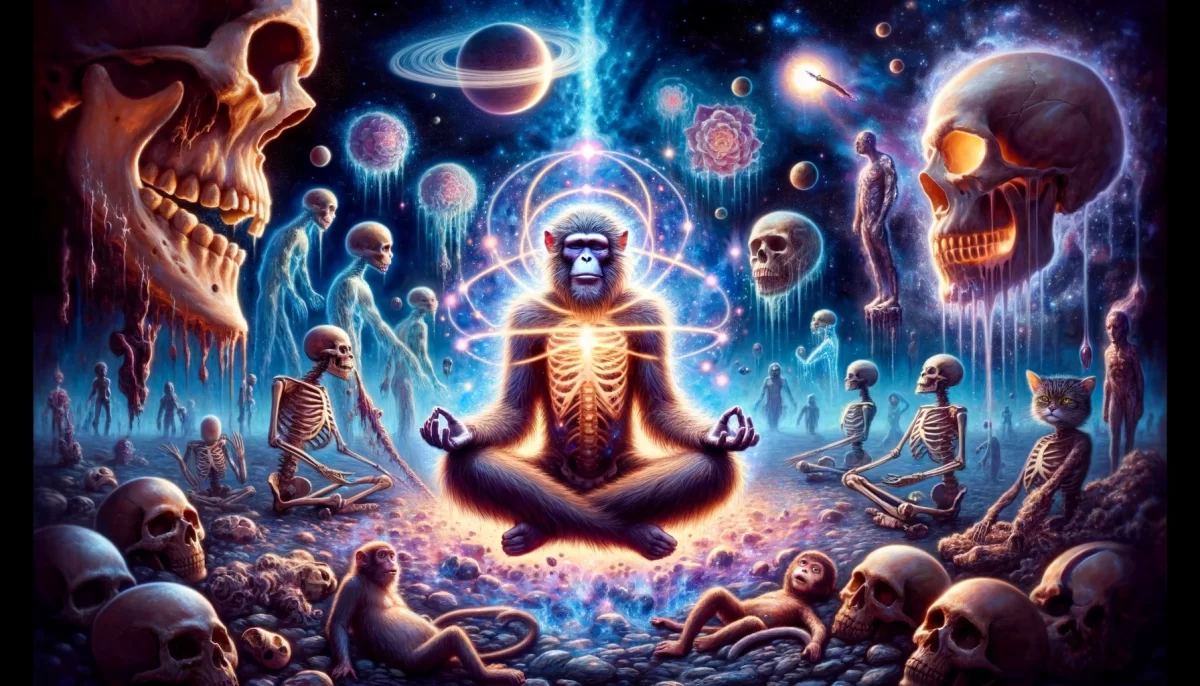
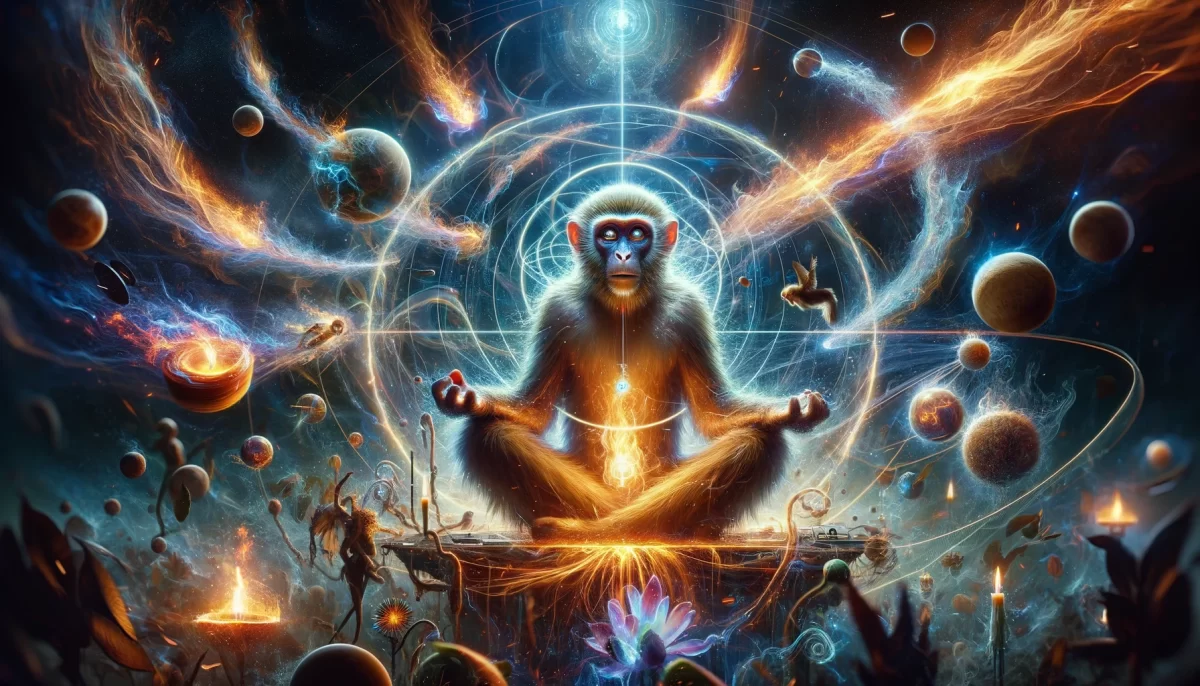
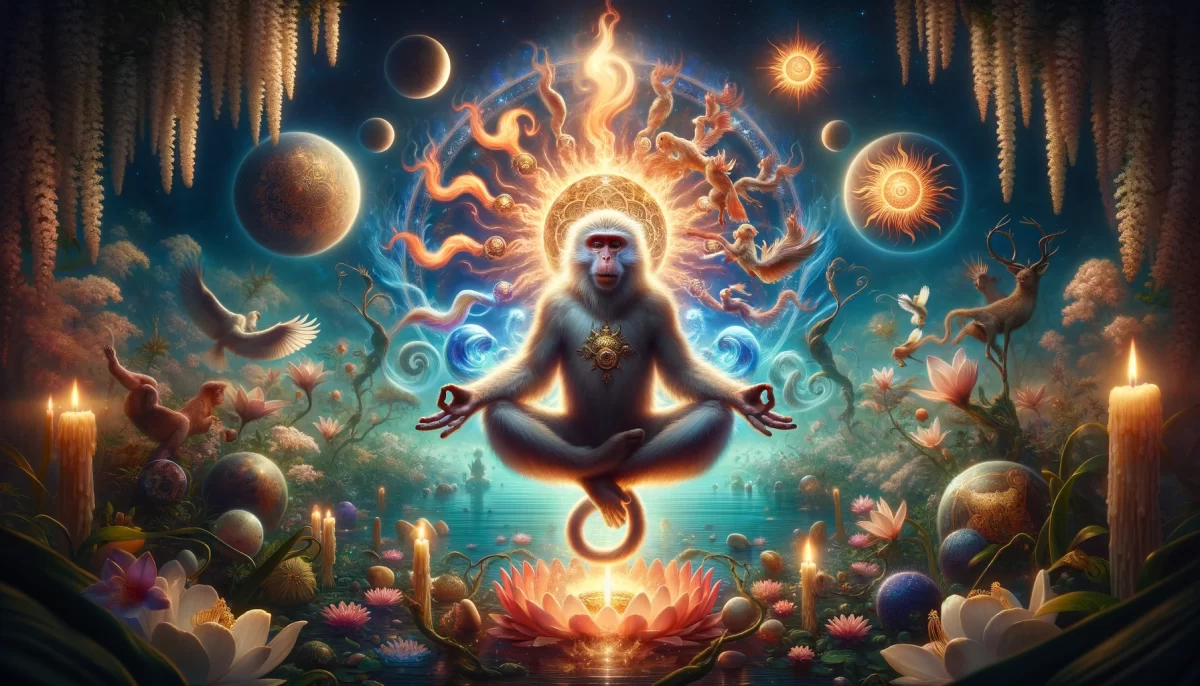
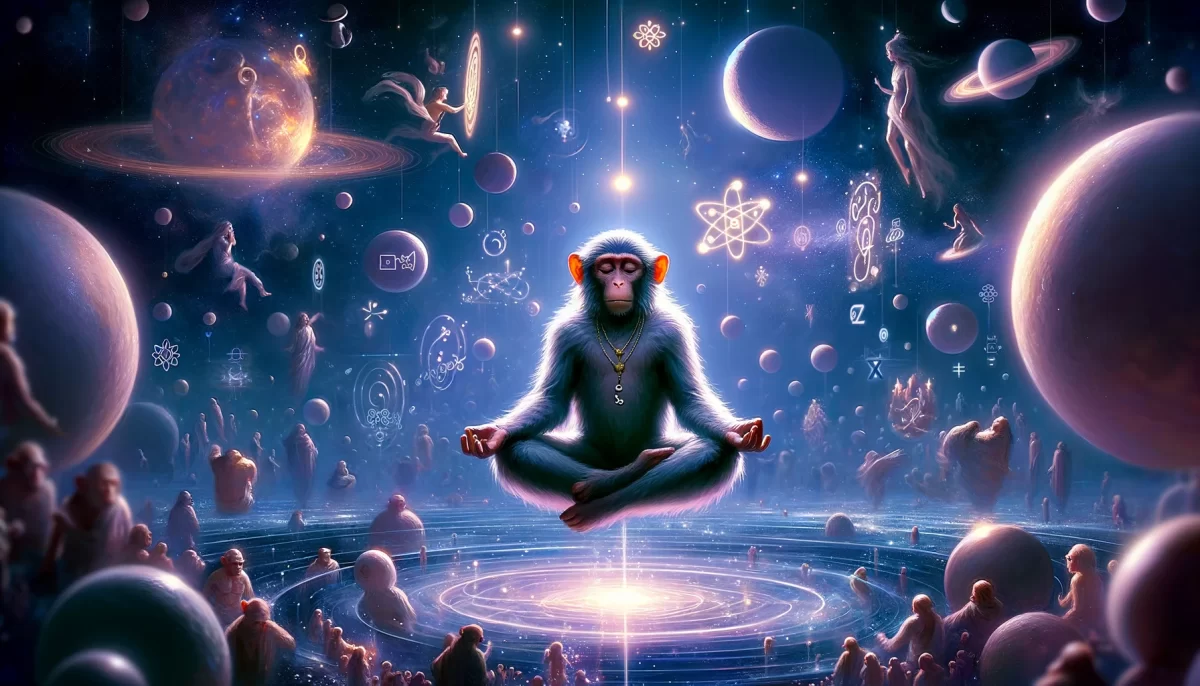
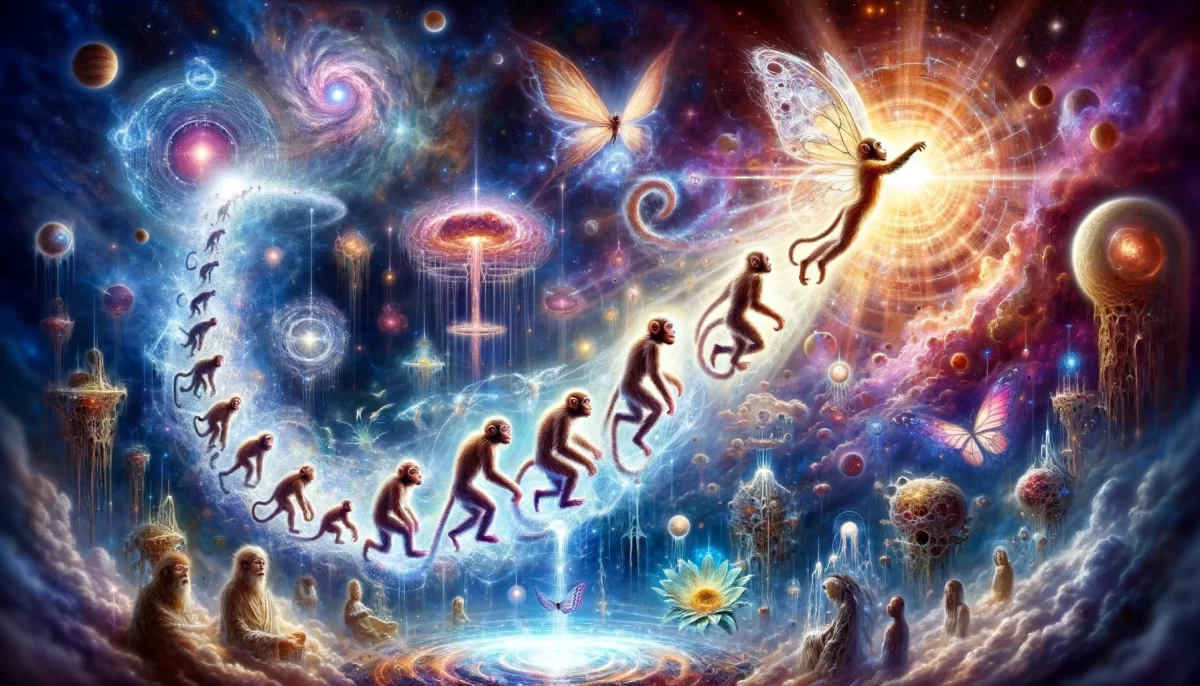
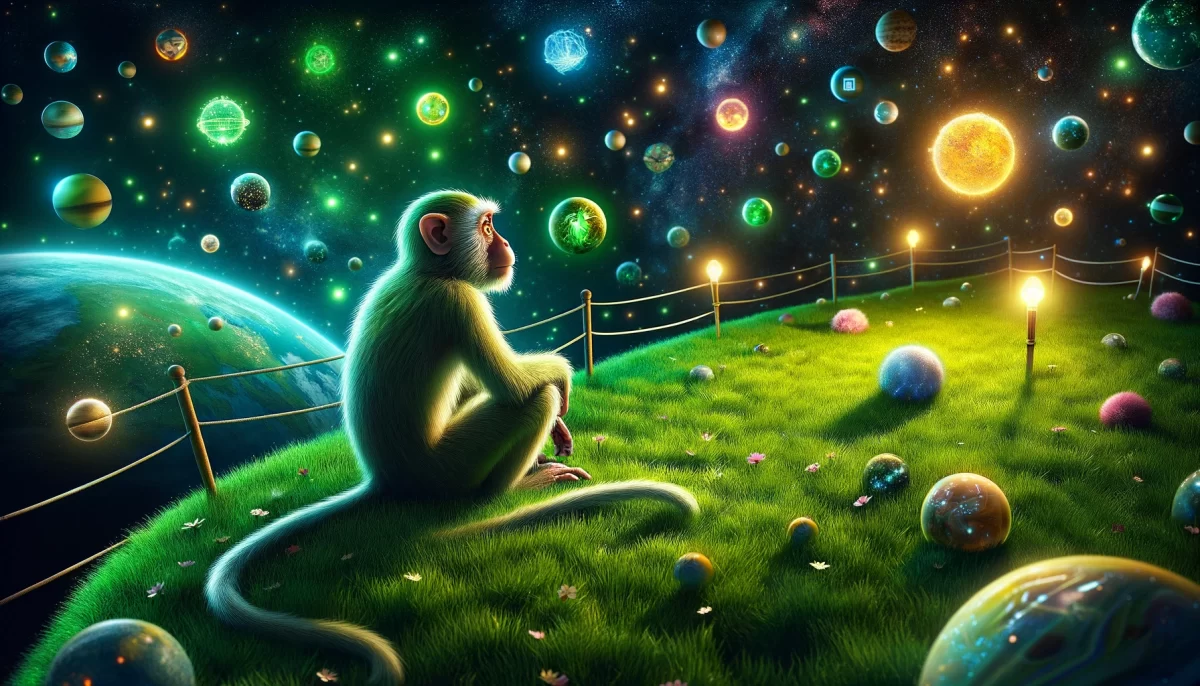
Leave a Reply